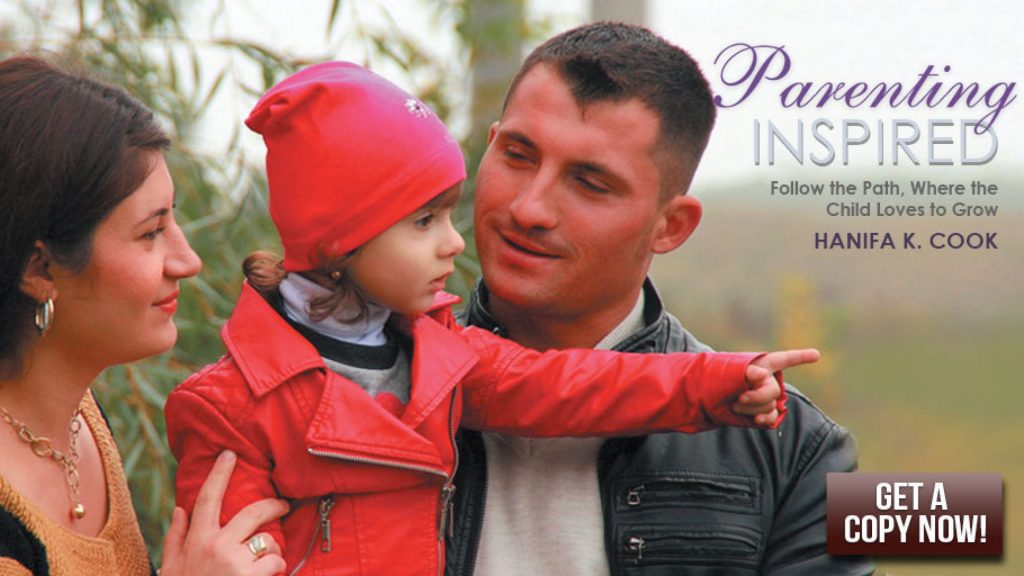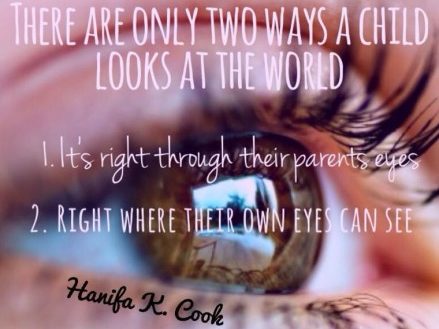I have been blogging on Childhoodspeech® for more than 10 years. My purpose is to discover how a child thinks and sees the world. In the decade long journey, I found myself uncovering events that happened in my own childhood. Although there were many events, I seem to remember only those that triggered me emotionally.
Childhood memories are always dear to us. Whenever we share these memories with our loved ones, we hold on to those images and try to reconnect to that time with fondness. So why do we love talking about our childhood?
For a long time, we have been told that our upbringing will influence how we live, think and behave when we become adults. And so when we look at other people’s behaviour, we quietly wonder how they have been brought up. This is not unusual and for most of us, we may not even realise that we are quietly judgmental too. I have learnt that in order not to judge others by their behaviour, we should first inspect ourselves. Consider whether we have at times behaved in the same way. As I have said, our upbringing can influence the way we live, think and behave as adults.
The child does not deliberately hold on to the memories but the memories create some kind of long term affiliation with the child. As we age, this affiliation continues to follow us and will instantly resurface to reconnect our minds to a time we can remember.
Childhood memories also trigger us to think and reconsider our actions. My daughter is an adventurous person. She learnt to cycle, swim and skate at a very young age and had no need for supervision. One day, my husband and I took her to the park. Her father was cycling. She was on her rollerblades. Her father gestured to her to hold on to the back of the bicycle and attempted to pedal away. But he was too quick. Before my daughter could hold on to the bicycle, my husband had cycled away. That caused her to fall off her rollerblade and she landed on the ground, breaking her arm in the process. Until today, my daughter did not want to ride her bike. Neither does she want to rollerblade. She had to sit for her primary school leaving examinations with a cast on her left arm.
This event has etched itself in her memory for the rest of her life. She remembered how it happened, why it had happened and the reason why she still fears falling off when she rides a bike or rollerblades.
So why do we remember these events?
Firstly, we witness the entire process and we take note of every detail, especially when we see how it happened. The child has recovered from her injuries, but it will take her some time to fully recover emotionally.
This is the reason why we should never judge a person by their behaviour, not unless the behaviour is harmful to others and the person.
Secondly, this is growth. By remembering events that happened to us during our childhood, we realise how far we have grown since the incident. We have met new people and experienced new things. We want to feel that we have grown into an adult. So talking about our childhood is the only way for us to have pride in ourselves.
Thirdly, we want to stay faithful to ourselves. The thought of running away from our own childhood is like walking away from our own life. We want to be responsible for our own happiness, so we keep these memories dear and close to our hearts. They remind us of our better selves.
Fourthly, we feel that people are ready to listen to us when we talk about our childhood. Let me explain. When you listen to two people talking about childhood memories, you will notice how focused they are. They dig into each other’s minds as they talk about a time they spent together as kids. It was a time and a place where only they could share. As soon as they discovered that moment in time, their eyes locked and the mind began to retrieve all kinds of previously stored information. As the listener, you will not interrupt. You feel the joy and gladness of two people sharing a moment. This is a private conversation and yet you are given access to it just by being there. The more you listen, the more you realize that you miss your childhood too. You will try to get into the conversation by asking questions or smiling at how happy these two people are. But you also quietly wish that you can share your childhood memories with someone.

Childhood is the subject of much talk for a number of reasons. This is why I call this blog Childhoodspeech®. Childhoodspeech® facilitates healthy conversations between people who enjoy telling stories about their childhood. Some people find childhoodspeech(R) conversations tough, rough, and harsh. Speaking of their childhood will only bring feelings of pain, hurt, abuse, and even abandonment for people in these groups.
So what can we do to protect our children from remembering those unpleasant childhood memories?
- Stop trying to correct every mistake that a child makes. The child who learns from mistakes will learn to toughen up and seek ways to change his or her approach to achieve better results.
- Give ample space between you and the child to allow you to observe. Also, take note of when and how you should step in to help, guide or give advice.
- Remove personal attachments to the future of your child. You can only prepare the child for the challenges of the future but you are not the child’s future.
- Remove all temptations to control the child’s future and behavior. Identify your goals for the future and if the child is a part of those goals, offer your support.
- Don’t set any expectations for the child. If the purpose of creating memories is to create healthy childhood memories, then the key is to let the child take the lead. This is because a child loves to grow.
I will end with the most significant part. Always share your childhood memories with your child. It is essential to establish a connection with your child. Show them pictures of when you were a child, or gifts and trophies you had when you were kids. A child always find great joy in sharing and by the same token, when you share stories and talks about your childhood, you will only get one thing in return. A child who listens will be ready to share and talks about his or her childhood experiences with you. Childhoodspeech® bonds you and your child.


